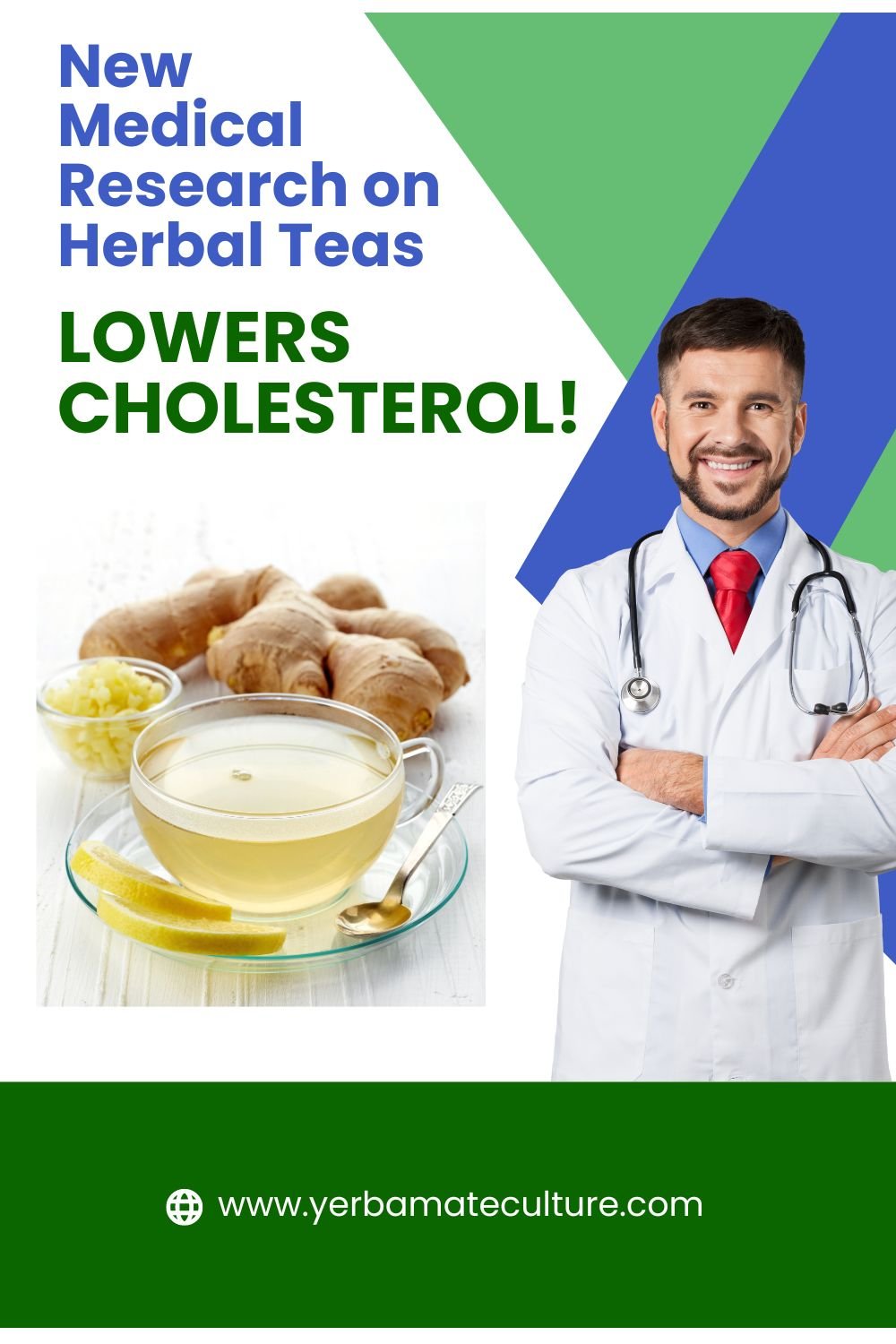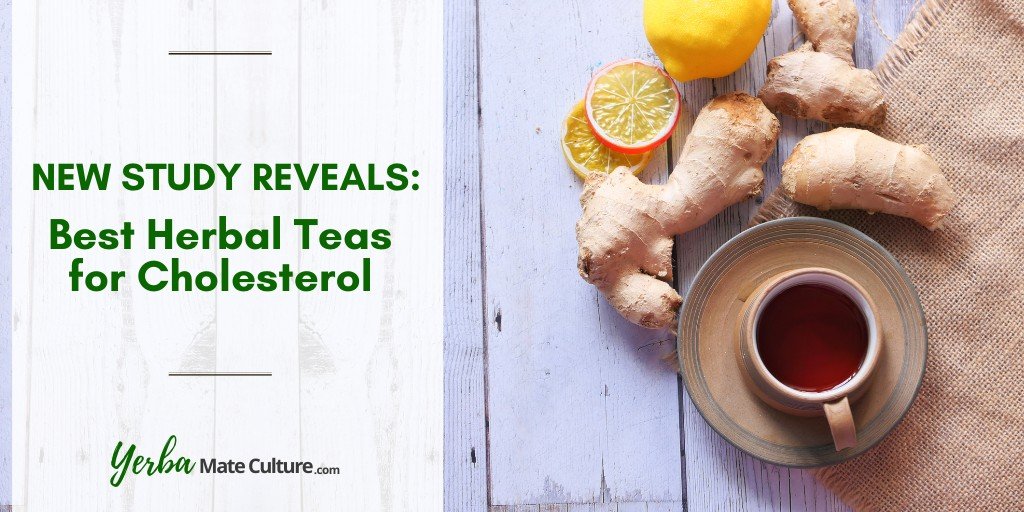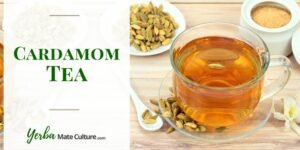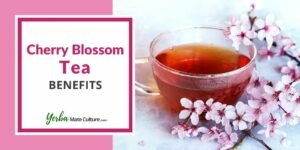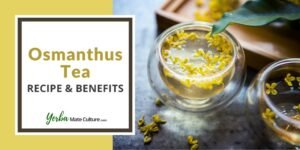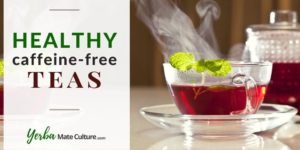Imagine sipping on your favorite tea, nestled in a cozy corner, as the rain pitter-patters outside. But this isn’t just any tea — it’s a magical blend with powers beyond its soothing warmth.
Today, we’re diving into a world where tea doesn’t just comfort the soul but also whispers secrets of health to our bodies. We’re exploring the realm of herbal tea and its fascinating role in lowering cholesterol levels.
So, brew yourself a cup, and let’s embark on this flavorful journey together!
The Quest for Balance
Our story begins with a problem as old as time — dyslipidemia. Sounds complicated, right?
It’s just a fancy word for when the levels of fats, including cholesterol in the blood, are too high or low. This imbalance is a sneaky villain, leading to the risk of heart disease. But fear not, for our heroes, researchers D.J. Rader, J.M. Hoeg, and H.B. Brewer, embarked on a quest in the enchanting lands of the Scopus database to unearth the potential herbal teas.
Here are the three champions you can use to lower your cholesterol naturally:
- Camellia Sinensis — also known as the tea plant
- Zingiber officinale — which we call ginger
- Morinda citrifolia — a fruit-bearing tree in the coffee family, native to Southeast Asia
The Journey Unfolds
In their noble pursuit, the trio sifted through 822 articles, seeking wisdom from 360 magical keywords. Their tools were not swords and shields but the powerful VOSviewer software, which illuminated the global tapestry of knowledge woven by scientists from Asia to the Americas.
Among these heroes, Zingiber officinale (our spicy friend, ginger) emerged as the most celebrated, with India leading the charge in this scholarly saga.
The Essence of Victory
So, what secrets did these herbal guardians hold?
The answer lies in their arsenal of bioactive compounds — mighty molecules like epigallocatechin gallate, flavonols, gingerols, and more. These compounds join forces to block cholesterol’s path, keeping it from absorbing into the body and reducing the bad cholesterol levels while giving a boost to the good ones.
A Brew of Benefits
Imagine these plants as little warriors, fighting off the invaders and protecting the kingdom of your body. They don’t just stop cholesterol in its tracks; they also wield the power of antioxidants, keeping your cells safe from harm.
And the best part?
This isn’t just a tale from a distant land. These plants are being studied worldwide, from the bustling markets of India to the serene landscapes of North America.
A Sip Towards Health!
Now, before you dash off to create your own herbal concoction, remember, that with great power comes great responsibility. These herbal teas are allies in your quest for health, but they must be enjoyed in harmony with the body and other medicines you might be taking.
Also, you would want to use the best possible products:
Morinda citrifolia is a bit more rare, but you can order it on Amazon.
So, dear tea enthusiasts, let’s raise our cups to the researchers and the ancient wisdom of herbal tea. Here’s to a healthier heart and a life filled with the joy of discovering the treasures hidden in the simple act of enjoying a cup of tea. Cheers!
